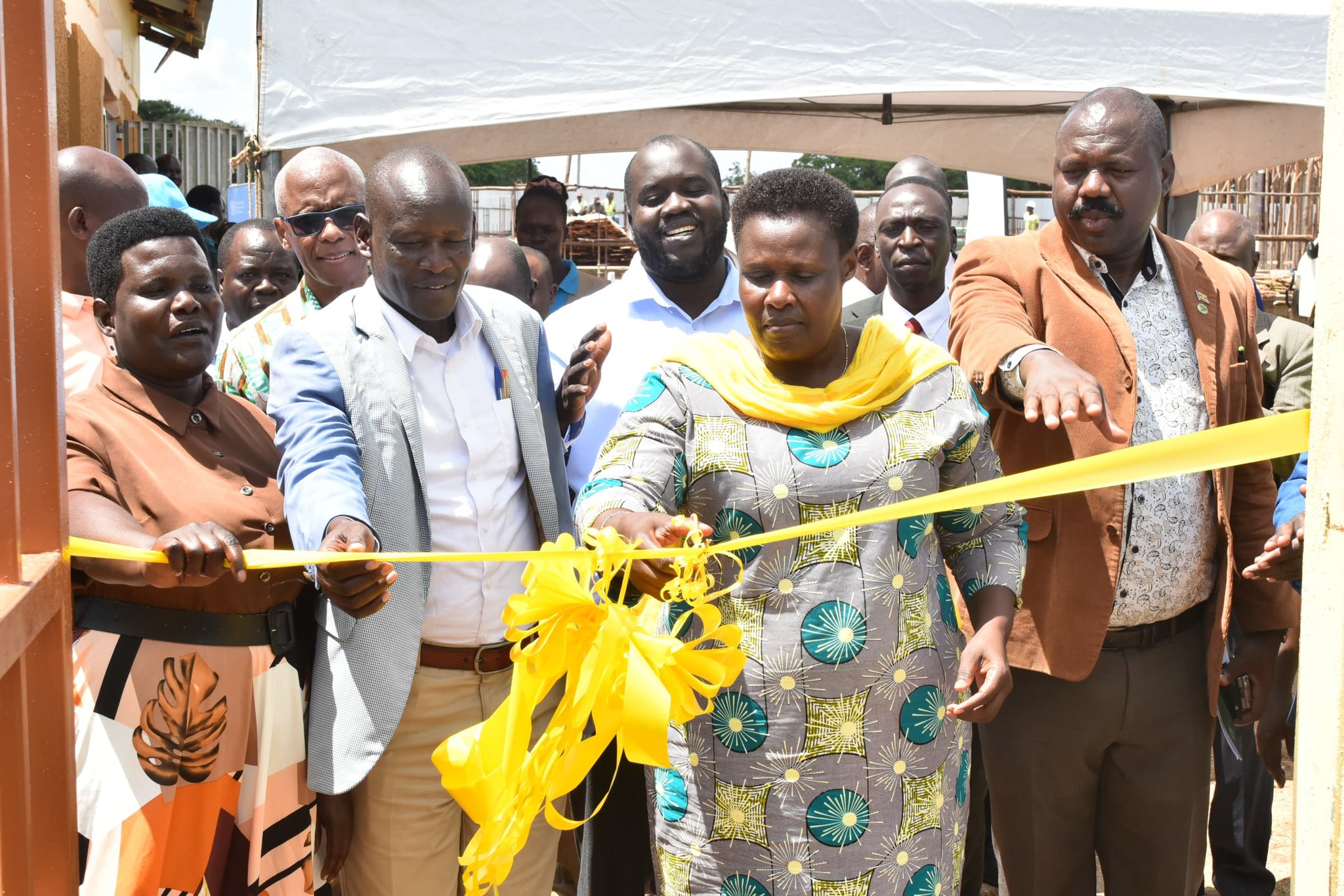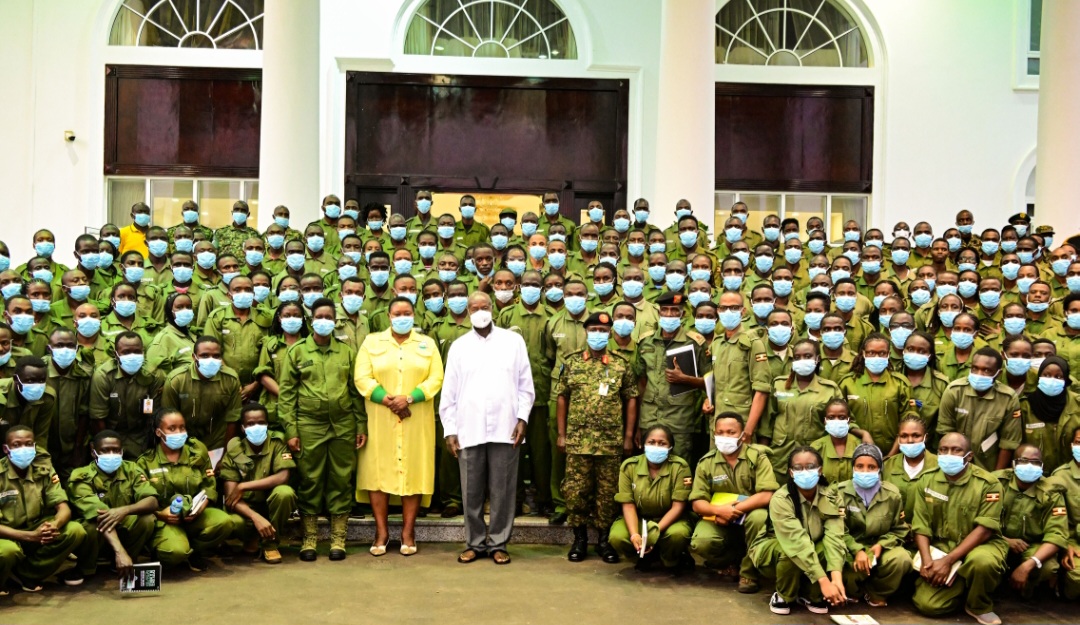The Food and Agriculture Organization (FAO) is implementing strategic initiatives aimed at addressing the pressing challenges of food insecurity and climate change through sustainable agricultural practices in the Teso sub-region.
These efforts are particularly focused on revolutionizing poultry farming, a crucial sector for smallholder farmers in the region, by introducing improved breeds and essential agricultural resources that promise to boost productivity and enhance community livelihoods.
At the core of FAO’s intervention is a comprehensive program designed to build climate resilience and secure food sources for farming households.
This program is not merely about distributing resources; it represents a holistic approach that includes establishing vital infrastructure, providing technical training, and fostering a collaborative environment among farmers.
A key component of this initiative is the establishment of hatcheries within the sub-region, specifically in Omodoi Cell, Ochero Town Council, Kaberamaido District, and Katakwi Town Council, Katakwi District.
These hatcheries are designed to provide farmers with access to high-quality chicks selected for their exceptional growth rates, disease resistance, and adaptability to the local environment. Such characteristics are crucial for ensuring that poultry farming in the region remains viable and resilient in the face of climate-related challenges.
Dr. Antonio Querido, the FAO country representative in Uganda, underscored the significance of this project, which is conducted in partnership with the National Agricultural Research Organisation (NARO).
“These hatcheries have the capacity to produce over 15,000 birds annually, which creates a substantial opportunity for farmers to increase their production. Instead of relying solely on the natural hatching process, farmers can now take their eggs to the hatcheries on a regular basis, significantly accelerating the production cycle,” Dr. Querido explains.
This approach not only addresses the immediate needs of the farming communities but also lays the groundwork for scaling up the intervention to benefit other regions facing similar challenges. FAO’s long-term vision is to establish a model that can be replicated across Uganda, ensuring widespread access to improved poultry farming techniques.
Beyond infrastructure, FAO is committed to equipping farmers with the knowledge and innovative competences necessary to manage their poultry more effectively. The organization has established Farmer Field Schools throughout Teso, where groups of 30 farmers gather to learn about modern poultry management practices. These schools serve as hubs for agricultural education, enabling farmers to exchange knowledge and experiences, and fostering a spirit of collaboration that is essential for sustainable development.
One of the beneficiaries of this initiative is Pelumi Catherine, a member of the Akadot Farmer Cooperative Society. She attests to the transformative impact of the training she has received, particularly in the area of poultry ratio management.
“I have 75 chickens at the moment, and thanks to the training provided by FAO, I’ve gained valuable skills in balancing the number of roosters to hens. This knowledge will allow me to breed better quality birds and increase my earnings,” says Pelumi.
FAO’s approach to disease management is a critical aspect of its strategy, ensuring that farmers can maintain high standards of health and productivity within their flocks. This focus on resilience is echoed by Dr. Brian Babigumira from NARO, who emphasizes the suitability of the improved indigenous chickens for the local conditions.
“The new breeds have been specifically chosen to blend well with our native chickens, so they won’t disrupt the local genetic pool,” Dr. Babigumira notes. “These chickens have been naturally adapted to our environment over the years, making them resilient to diseases and capable of thriving under local conditions,” he adds.
FAO’s efforts in Teso are aligned with its global mission to promote sustainable agriculture, reduce hunger, and mitigate the impacts of climate change.
By providing farmers with the tools, knowledge, and resources they need to thrive, FAO is not only addressing the immediate challenges of food insecurity but also helping to build a more resilient and prosperous future for Uganda.
Do you have a story in your community or an opinion to share with us: Email us at Submit an Article









